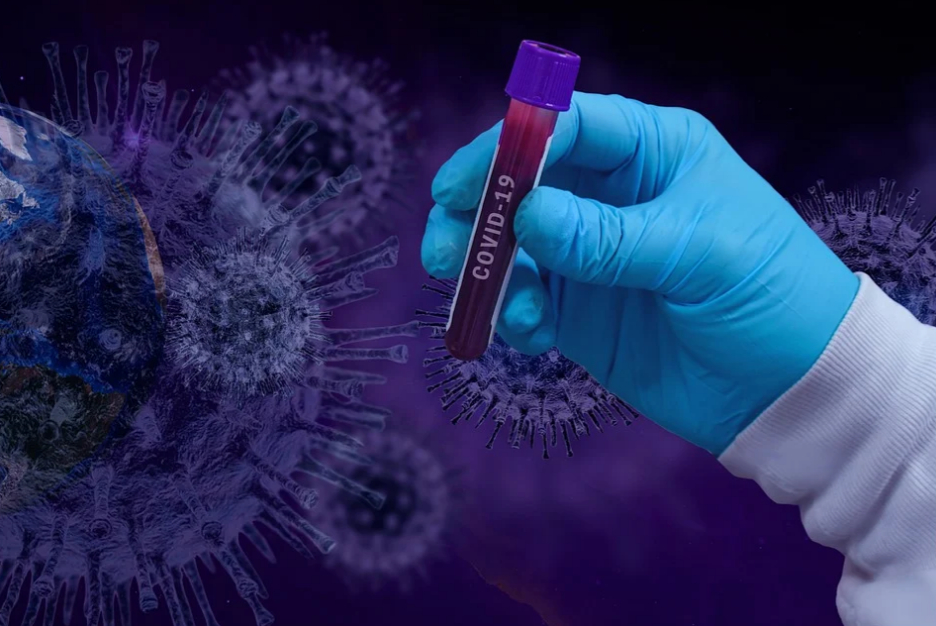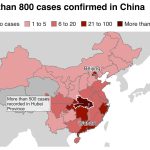
The Croatian Institute of Public Health (CNIPH) has released a document that will help doctors decide who can attend classes and work in schools during the ongoing coronavirus pandemic.
As Poslovni Dnevnik writes on the 2nd of September, 2020, with the document entitled “Diseases and health conditions that may increase the risk of severe forms of COVID-19”, the CNIPH has sought to remind people that from the very beginning of the pandemic, there has been a lot of talk about health conditions that can increase this risk of a more severe form of the disease, and relate to people with respiratory, cardiovascular, renal and malignant diseases, diabetes, immunodeficiencies, and the elderly.
The CNIPH notes that coronavirus is a new disease about which scientific knowledge is still being gathered and has sought to remind everyone of all of the protection measures which need to be undertaken, such as restricting contact with other people, wearing a mask and enhanced personal hygiene. In addition, “in the household it is necessary to stay away from a person with this [sort of] health condition, ie to avoid close contact, and to implement other preventive measures.”
If the person’s health condition is such that the person can only wear a mask for a short period of time, wearing one should be limited to particularly risky situations that the person can’t avoid, for example in public transport, in health care facilities, etc. It is even more important that their family and others with whom they are in contact, for example, at school or at work, constantly wear a mask and consistently implement other preventive measures.
For most people with the health conditions which will be further described below, being in a working environment with normal working conditions, in school or performing other obligations doesn’t really pose a greater health risk than going out to other public places such as shops, banks, restaurants, using public transport and the like, according to the CNIPH.
Within these groups of diseases and health conditions, a smaller number of persons can be distinguished who belong to a highly vulnerable (risky) group of patients, ie persons who have a state of health which has been extremely impaired. For each extremely vulnerable person, it is necessary to individually consider their state of health and functioning, taking into account the current epidemiological situation. Such persons should consult their primary care physician about their health status in light of the current epidemiological situation with the ongoing coronavirus pandemic.
Extremely vulnerable groups of patients are adults and children, regardless of age, with the following health conditions:
• Persons who have had organ transplants, this relates primarily to solid organs
• People with certain malignancies (people with malignancies who are receiving chemotherapy, people with lung cancer who are undergoing radical radiotherapy, people with haematological malignancies and bone marrow malignancies such as leukemia, lymphoma, myeloma, at any stage of treatment, people with receiving immunotherapy or other long-term therapy for malignant diseases, including chimeric antigen receptor T-cell therapy (CAR-T therapy), persons receiving immune system-related therapy for malignancies such as protein kinase inhibitors or PARP inhibitors, bone transplant recipients which have had the procedures done less than six months ago and are still on immunosuppressive therapy)
• People with severe respiratory diseases, including cystic phobrosis, severe asthma and severe chronic obstructive pulmonary disease (the severity of asthma and COPD is defined by a doctor, and these are primarily people whose disease requires specialist health care and permanent therapy under specialist supervision)
• People with rare diseases that significantly increase the risk of all infections (eg severe combined immunodeficiency, children at increased risk of infections due to other severe forms of primary immunodeficiency, homozygous sickle cell anemia)
• People receiving high doses of immunosuppressive drugs (eg children and adults at increased risk of infections due to immunodeficiency caused by treatment of an underlying disease (eg iatrogenic immunosuppression after transplantation or severe vasculitis)
• People who need respiratory assistance including oxygen, suction, non-invasive ventilation or prophylactic antibiotics due to recurrent respiratory infections
• Pregnant women with severe heart disease (congenital or acquired)
• People with heart diseases of varying types.
• Other persons classified as highly vulnerable based on the clinical assessment of a chosen physician or clinician. It should be noted that this document will adapt to new scientific knowledge as we continue to find out more about this virus.
For more on coronavirus in Croatia, as well as notices from the CNIPH, follow our dedicated section.
For the latest travel info, bookmark our main travel info article, which is updated daily.
Read the Croatian Travel Update in your language – now available in 24 languages
Join the Total Croatia Travel INFO Viber community.








